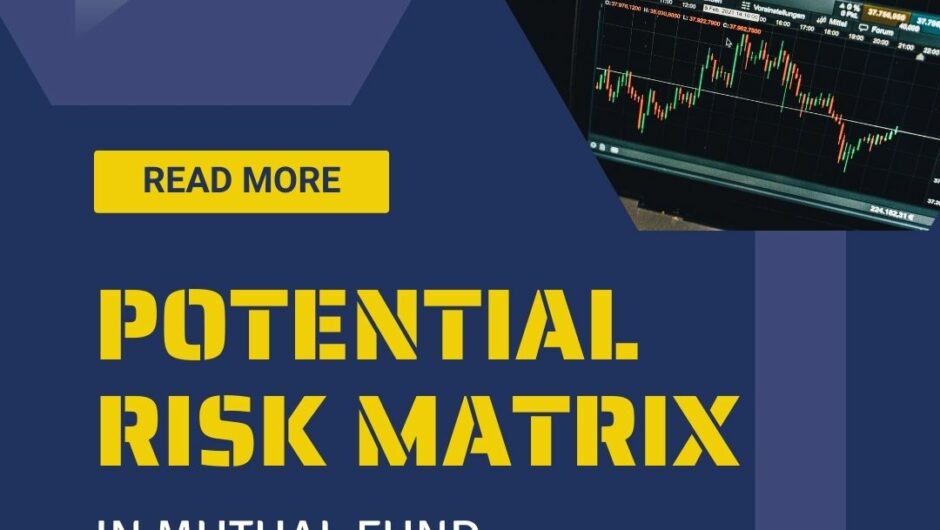A mortgage default occurs when a borrower fails to make their mortgage payments according to the agreed-upon terms. This can result in a variety of risks and consequences for both the borrower and the lender. In this article, we will discuss the potential risks and consequences of mortgage default.
Foreclosure
The most significant consequence of mortgage default is the risk of foreclosure. When a borrower defaults on their mortgage payments, the lender has the right to take legal action to repossess the property and sell it to recoup their losses. This process is known as foreclosure and can have devastating consequences for the borrower.Foreclosure can have long-term consequences for the borrower’s credit score and financial future. Foreclosure will remain on the borrower’s credit report for seven years, which can make it difficult for them to obtain credit in the future. Additionally, foreclosure can make it challenging for the borrower to rent a home or find employment in certain industries that require a good credit score.If a borrower defaults on their mortgage, the lender may initiate foreclosure proceedings. This means the lender can take possession of the property and sell it to recover their losses. Foreclosure can have serious financial and emotional consequences for the borrower.
Eviction
If the lender forecloses on the property, the borrower will be evicted from the property. This can be an emotional and stressful experience for the borrower and their family, as they may be forced to leave their home and find alternative housing.
Loss of Equity
When a borrower defaults on their mortgage, they may lose the equity they have built up in their home. This can occur if the lender sells the property for less than the outstanding balance on the mortgage. The borrower will be responsible for paying the difference between the sale price and the outstanding mortgage balance, which can result in significant financial losses.
Damage to Credit Score
Mortgage default can have a significant impact on a borrower’s credit score. When a borrower misses a mortgage payment, it can lower their credit score by up to 100 points. If the borrower continues to miss payments, their credit score will continue to decline, making it difficult for them to obtain credit in the future.
Higher Interest Rates
If a borrower defaults on their mortgage, they may be subject to higher interest rates on future loans and credit. This is because defaulting on a mortgage is viewed as a high-risk behavior by lenders, and they may charge higher interest rates to compensate for the increased risk.
Difficulty Obtaining Credit
Defaulting on a mortgage can make it difficult for the borrower to obtain credit in the future. Lenders may view the borrower as a high-risk borrower and may be unwilling to extend credit to them. This can make it challenging for the borrower to obtain credit for important purchases such as a car or home in the future. Defaulting on a mortgage can seriously damage a borrower’s credit score. Late payments and missed payments can remain on a credit report for up to seven years, making it difficult to obtain credit in the future.
Legal Consequences
In addition to the risks of foreclosure and damage to credit score, mortgage default can also result in legal consequences for the borrower. The lender may take legal action to collect the outstanding mortgage balance, which can result in wage garnishment and asset seizure.
Legal Fees and Court Costs
If the lender takes legal action against the borrower to collect the outstanding mortgage balance, the borrower will be responsible for paying legal fees and court costs. These costs can add up quickly, making it even more challenging for the borrower to recover financially. Defaulting on a mortgage can result in fees and penalties, which can increase the overall amount owed on the loan. This can make it even more difficult for the borrower to get back on track with their mortgage payments.
Judgments and Liens
If the lender obtains a judgment against the borrower in court, they may place a lien on the borrower’s property or other assets. This can make it challenging for the borrower to sell their property or access their assets in the future. In some cases, lenders may take legal action against borrowers who default on their mortgages. This can result in court fees, legal fees, and other expenses.
Conclusion
Mortgage default can have serious consequences for both the borrower and the lender. It’s important for borrowers to understand the risks and consequences of defaulting on a mortgage and to work with their lender if they are struggling to make their payments. Lenders may be willing to work out a repayment plan or modify the terms of the loan to make it more affordable for the borrower. Seeking the advice of a housing counselor or financial advisor can also be helpful in finding solutions to mortgage default.
Also Read:
- Conditional Mortgage Approval: Tackling The Common Questions
- How Much Is Life Insurance In Canada?
- What are financial smart goals?
- WHAT ARE THE 5 STEPS OF FINANCIAL PLANNING?

Hello, I am Tanisha Kriplani, graduated in computer science from Delhi University. I am passionate about web content writing and have a strong interest in Data Analytics and Data Engineering.












